From the iconic writing rooms of 30 Rockefeller Plaza, the creative team behind Saturday Night Live (SNL) has delivered 969 episodes of late-night comedy gold. As the show launched its 50th season on September 28, 2024, comedian Nate Bargatze returned as George Washington in a skit titled "Washington Dream 2," offering a clever spin on the American dream and our playful relationship with the English language.
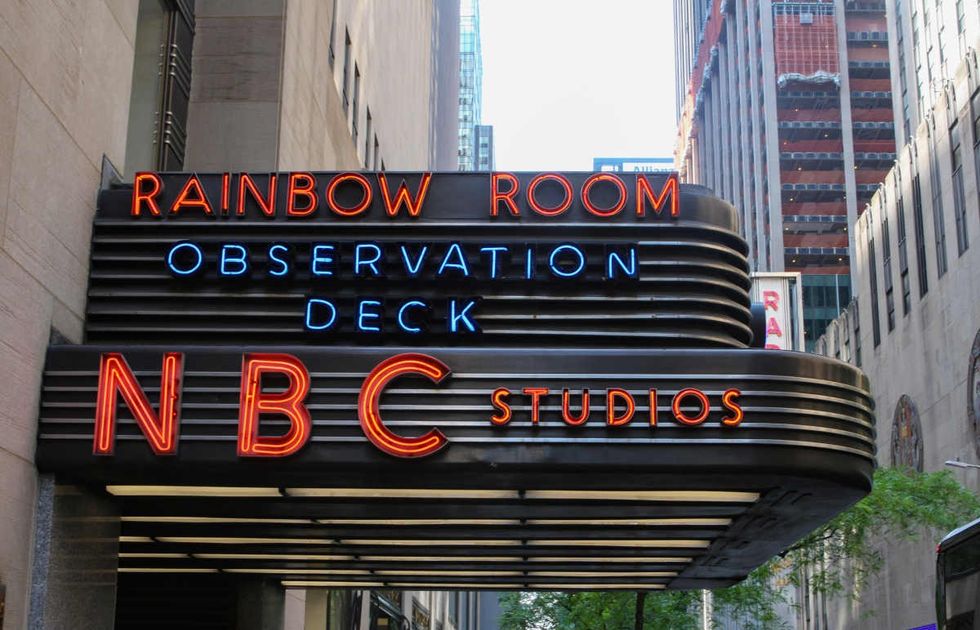
Hailed as the "best skit in years," this sketch followed Season 49’s "Washington's Dream," where Bargatze joked about the absurdity of the metric system. Filled with sharp humor and a witty take on the evolution of the English language, the skit is earning praise for its fresh approach. The standout performances by Bowen Yang, Mikey Day, Kenan Thompson, James Austin Johnson, and Bargatze himself have sent the clip viral, with fans celebrating Bargatze’s brilliant portrayal.
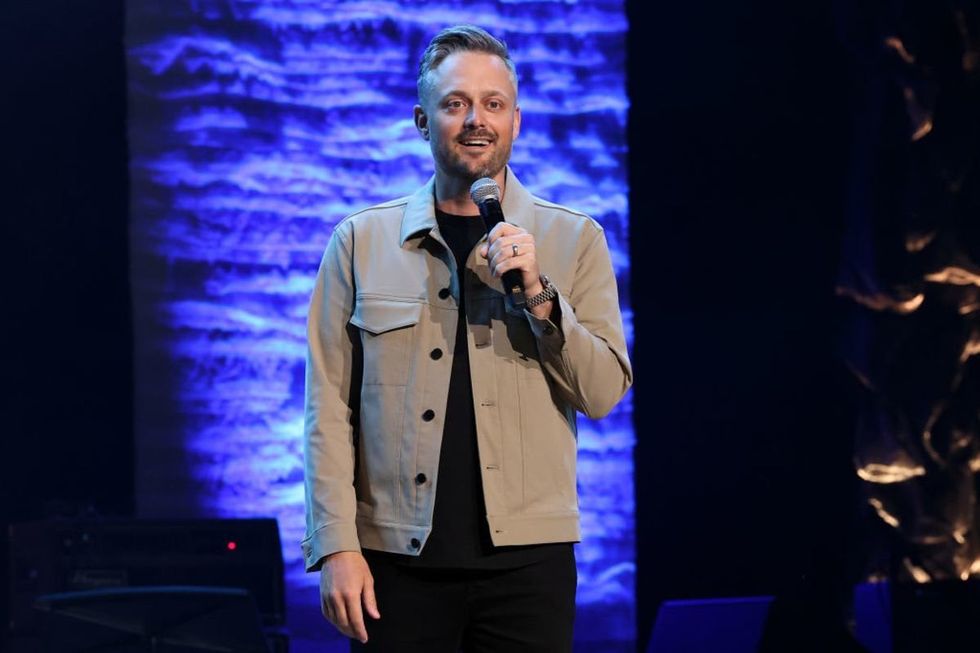
As the sketch opens, the cast is seen paddling their oars through the Delaware River in 1776 with an American flag attached to the boat. When one soldier shares his thoughts about thousands of British troops awaiting them on the other side, the other asks, if was there a chance they could win the war. That’s when Bargatze entersthe scene, dusting his waistcoat, and barging in with an “Of course.” The soldier apologizes, to which Bargatze says, “No need, I am fearful as well. But we will live through the battle ahead, because we fight to control our own destiny, to create our own nation. And to do our own thing with the English language.” Another soldier asks, “Our own thing Sir?”
He nods sternly and starts his glorious speech. “I dream that one day, our great nation will have a word for the ‘number 12,’” he declars before adding, “We shall call it a ‘dozen.’” As for other numbers having their own words, he said, there was “none.” “Only 12 shall have its own word because we are freemen,” Bargatze announces that there will be two words to spell a name from now on. For instance, there will be two ways to spell Jeff; “a short way with the J and a stupid way with the G.” Another soldier questions whether these liberties are valid for men of color too. In an almost riotous moment, Bargatze, a.k.a. Washington pats his shoulders, blatantly ignores his question, and continues giving the speech.
“We will also have two names for animals,” he declares, “One when they are alive, and a different one when they become food.” He explains, “Cows will be beef, pigs will be pork.” A man interrupts, “And chicken, Sir?” Bargatze replies, “That one stays. Chickens are chicken.” He goes on to say that they would create their own foods and name them what they would like them to, citing the example of a hamburger. A soldier asks, “Made of ham, Sir?” Bargatze let out a grinning chuckle, and says, “If only it were that simple. [Pause] A hamburger is made of beef just as a buffalo wing is made of chicken. But fear not, men. A hot dog will not be made of dogs.”
“What is it made of Sir?” A soldier asks. “Nobody knows,” he replies.
Washington sits down and continues speaking. “A real American would never want to know what’s in a hot dog, just as they will never know our money is called the dollar.” He also calls for his portrait to be printed on the front side of a dollar note, while the back side would contain “everything” and “crazy stuff” like squiggles, Latin words, “pyramid with a floating eye on top,” etc.
Washington declares that he would create schools that would teach children “our ways.” He adds that there will be 12 grades, but they won't be called “a dozen grades.” he then concludes the wild speech by saying, “These are my dreams, men. We fight this war to free the English language and free the American people.”

















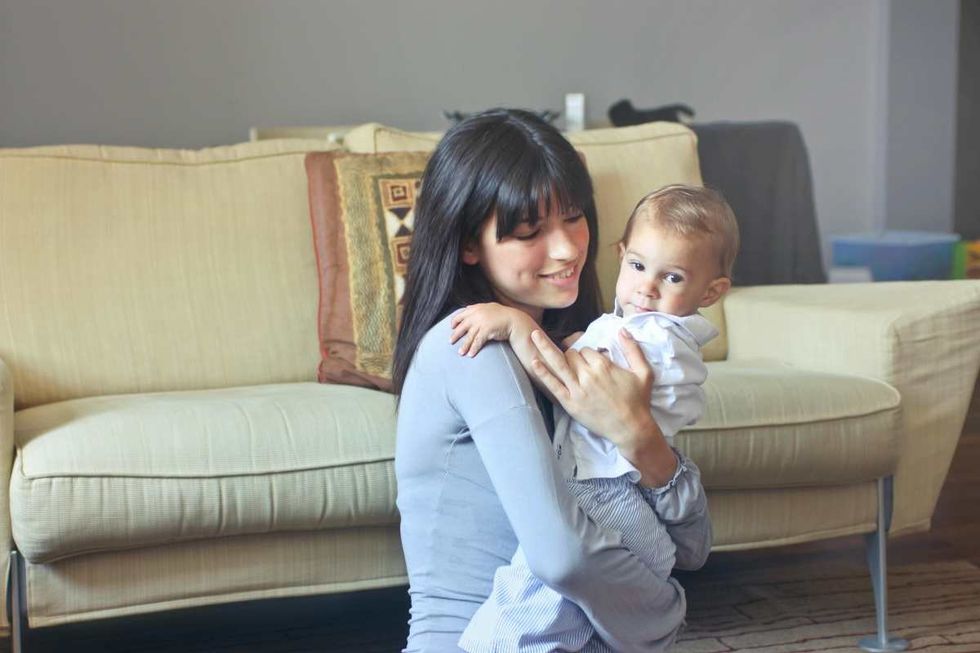 Pexels | Photo by Andrea Piacquadio
Pexels | Photo by Andrea Piacquadio
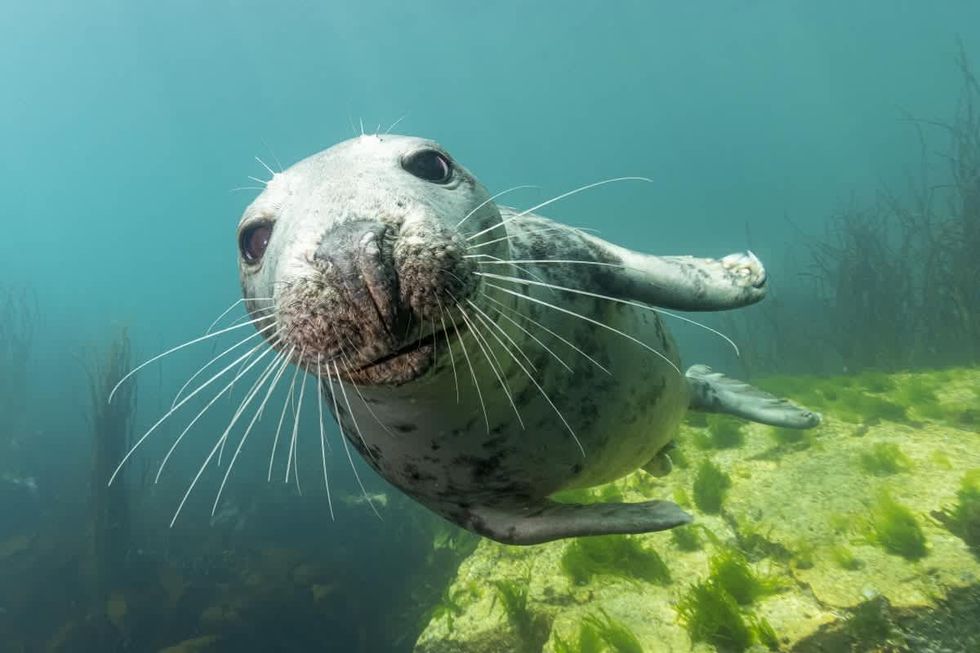 An Atlantic grey seal looking at the camera underwater. (Representative Image Source: Getty Images | Mark Chivers)
An Atlantic grey seal looking at the camera underwater. (Representative Image Source: Getty Images | Mark Chivers)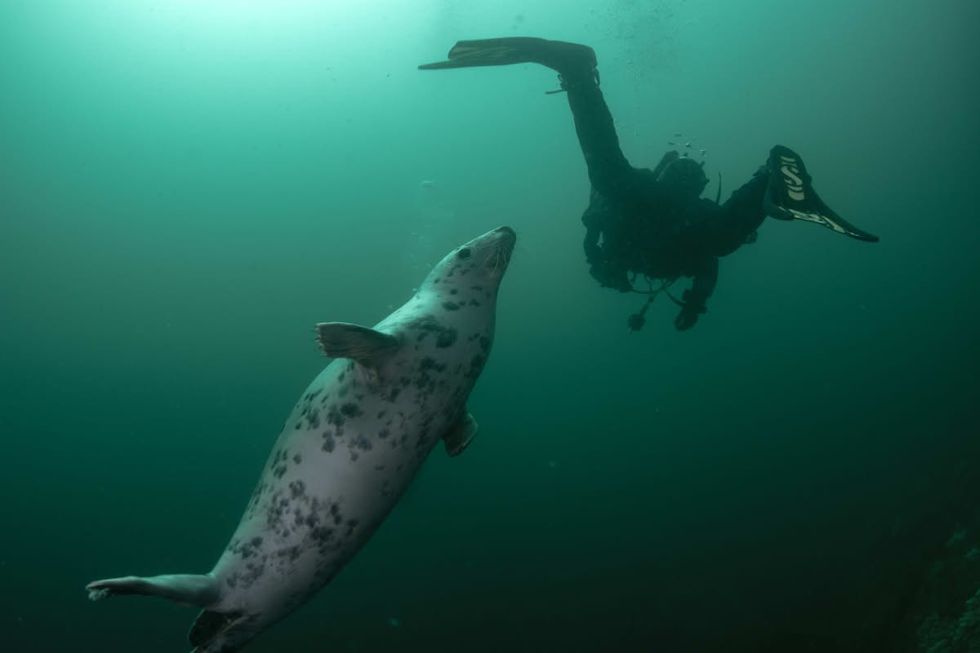 A grey seal swims up to a scuba diver. (Representative Image Source: Getty Images | Huw Thomas)
A grey seal swims up to a scuba diver. (Representative Image Source: Getty Images | Huw Thomas)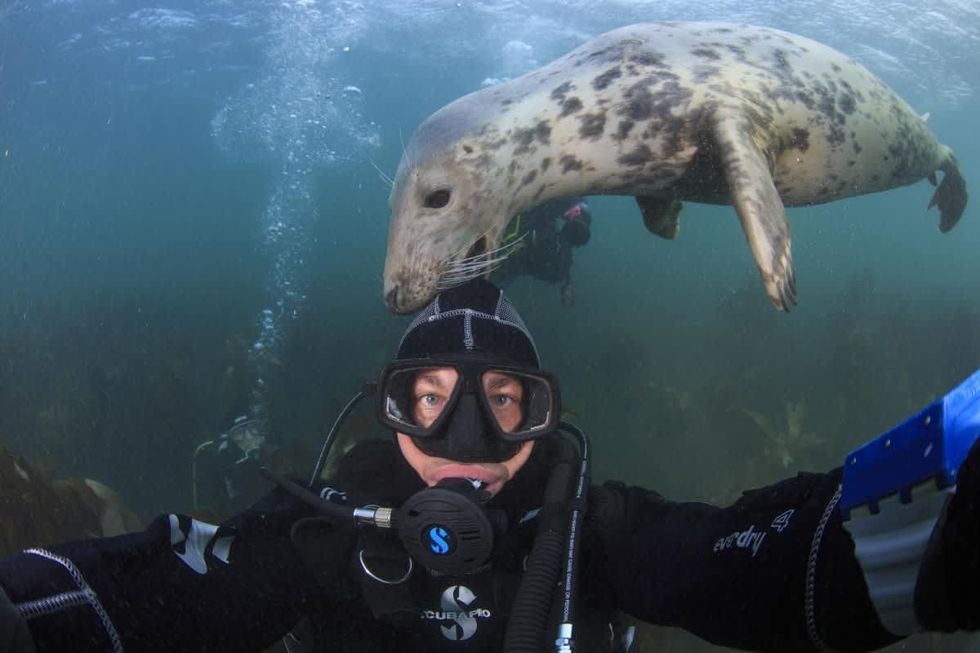 A Grey seal nibbles at the hood of a scuba diver. (Representative Image Source: Getty Images | Bernard Radvaner)
A Grey seal nibbles at the hood of a scuba diver. (Representative Image Source: Getty Images | Bernard Radvaner)
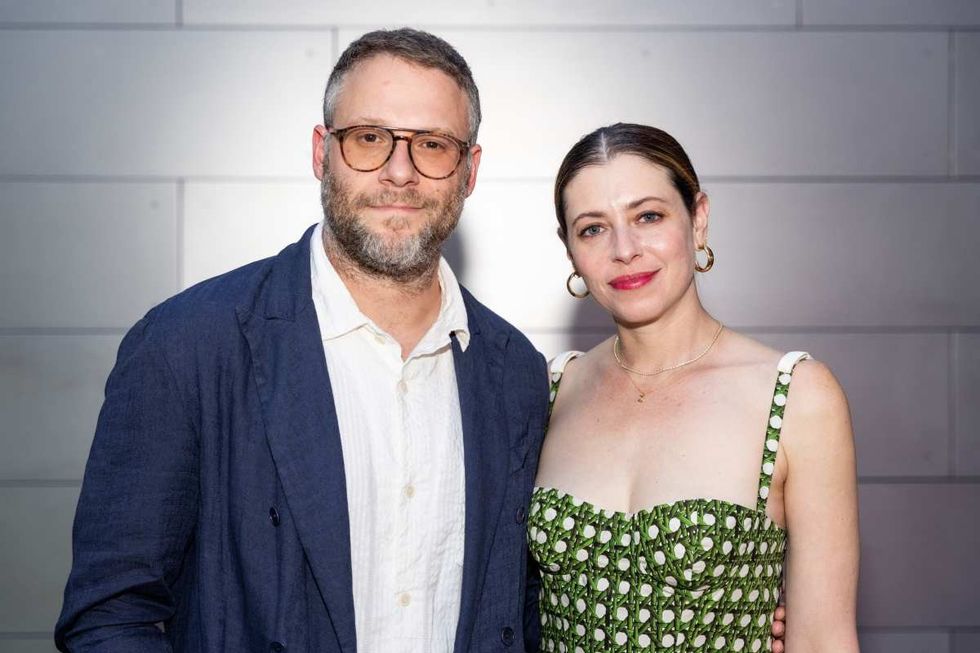 Image Source: Seth Rogen and Lauren Miller Rogen co-host the HFC Austin Brain Health Dinner on September 30, 2023, in Austin, Texas. (Photo by Rick Kern/Getty Images for Hilarity for Charity)
Image Source: Seth Rogen and Lauren Miller Rogen co-host the HFC Austin Brain Health Dinner on September 30, 2023, in Austin, Texas. (Photo by Rick Kern/Getty Images for Hilarity for Charity)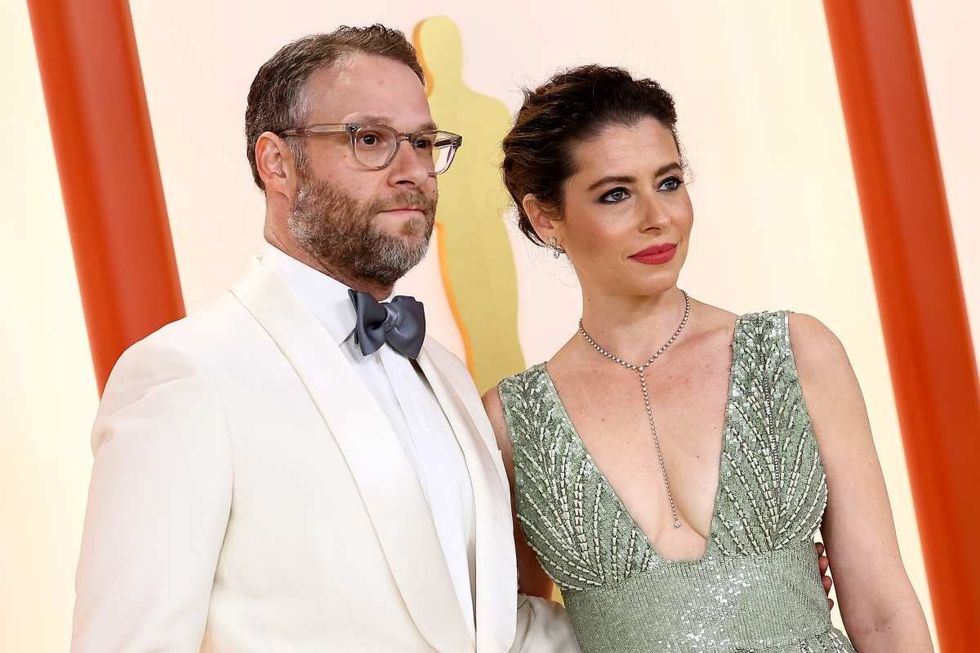 Image Source: Seth Rogen and Lauren Miller Rogen attend the 95th Annual Academy Awards on March 12, 2023 in Hollywood, California. (Photo by Arturo Holmes/Getty Images )
Image Source: Seth Rogen and Lauren Miller Rogen attend the 95th Annual Academy Awards on March 12, 2023 in Hollywood, California. (Photo by Arturo Holmes/Getty Images ) Image Source: YouTube |
Image Source: YouTube |  Image Source: YouTube |
Image Source: YouTube | 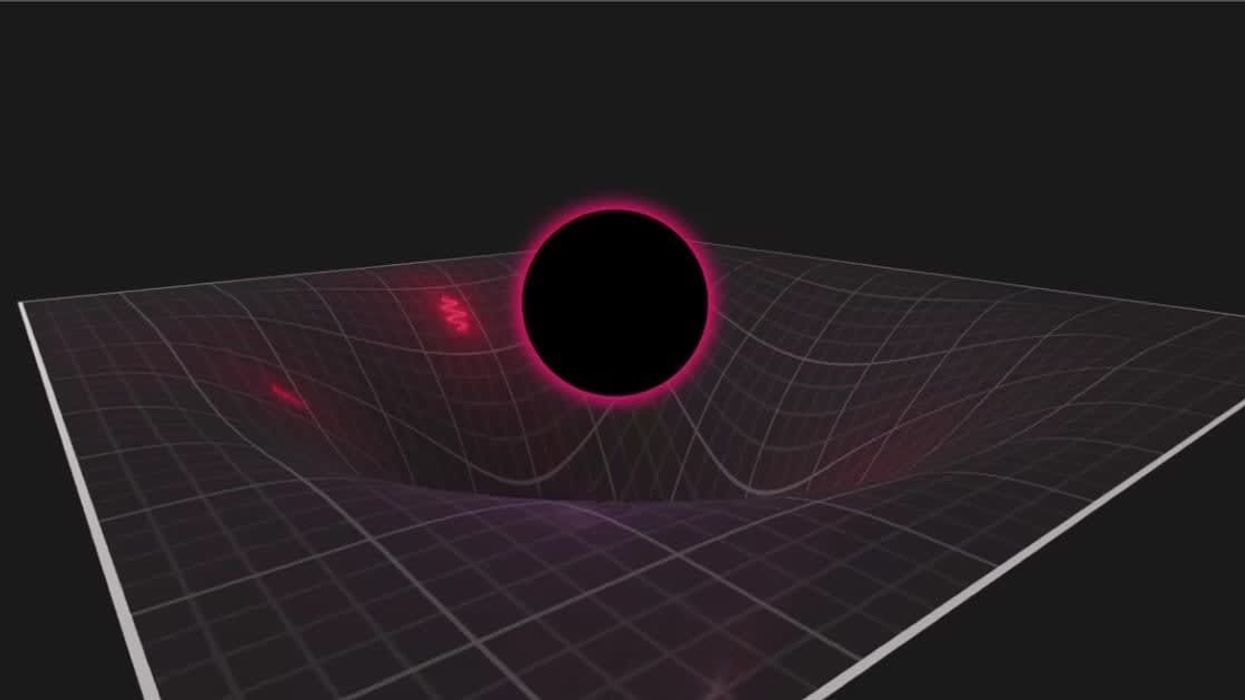
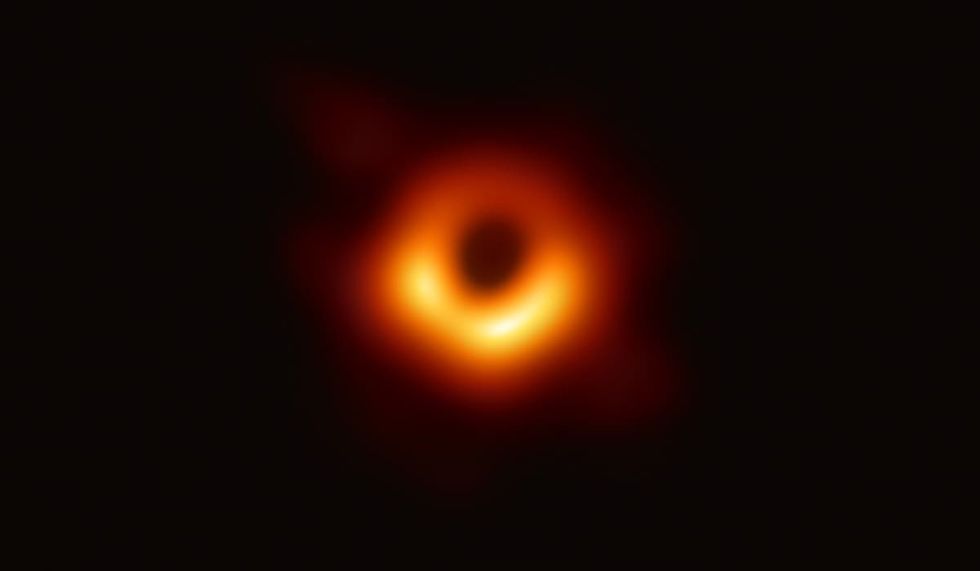 Image Source: In this handout photo provided by the National Science Foundation, the Event Horizon Telescope captures a black hole at the center of galaxy M87 in an image released on April 10, 2019. (National Science Foundation via Getty Images)
Image Source: In this handout photo provided by the National Science Foundation, the Event Horizon Telescope captures a black hole at the center of galaxy M87 in an image released on April 10, 2019. (National Science Foundation via Getty Images)
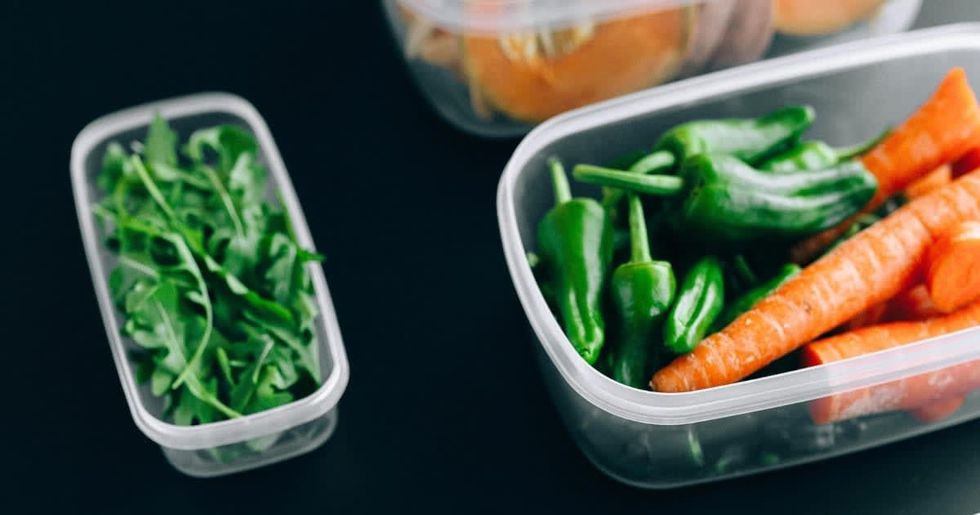 Representational Image Source: Pexels I Photo by Nataliya Vaitkevich
Representational Image Source: Pexels I Photo by Nataliya Vaitkevich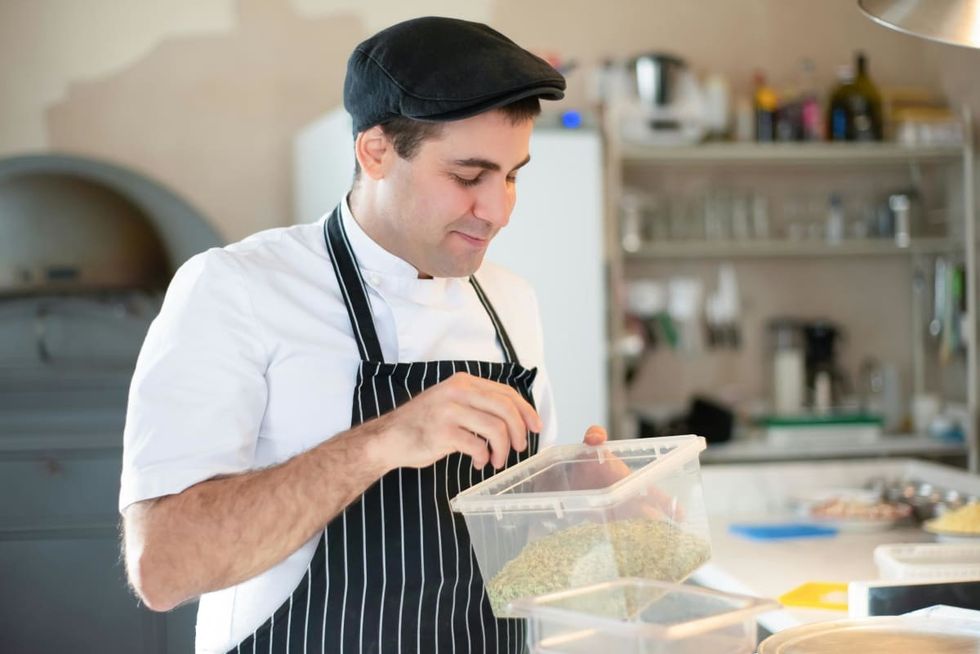 Representative Image Source: Pexels | Kampus Production
Representative Image Source: Pexels | Kampus Production
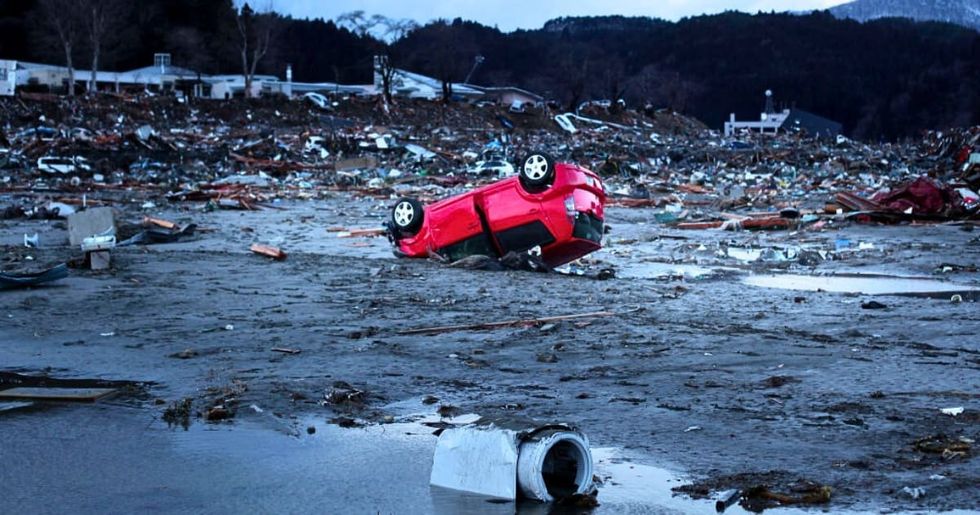 Image Source: Destroyed vehicles lie near the rubble after the earthquake and tsunami devastated the area on March 16, 2011, in Minamisanriku, Japan. The 9.0 magnitude strong earthquake struck offshore on March 11 at 2:46 pm local time, triggering a tsunami wave of up to ten meters which engulfed large parts of north-eastern Japan. (Photo by Chris McGrath/Getty Images)
Image Source: Destroyed vehicles lie near the rubble after the earthquake and tsunami devastated the area on March 16, 2011, in Minamisanriku, Japan. The 9.0 magnitude strong earthquake struck offshore on March 11 at 2:46 pm local time, triggering a tsunami wave of up to ten meters which engulfed large parts of north-eastern Japan. (Photo by Chris McGrath/Getty Images)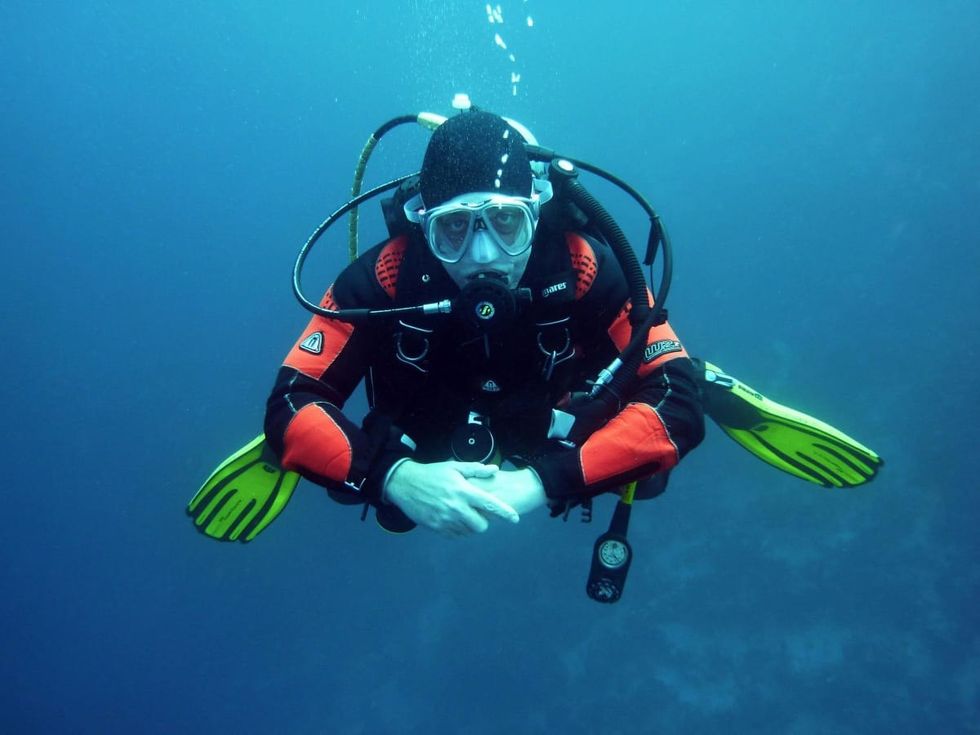 Representative Image Source: Pexels | Pixabay
Representative Image Source: Pexels | Pixabay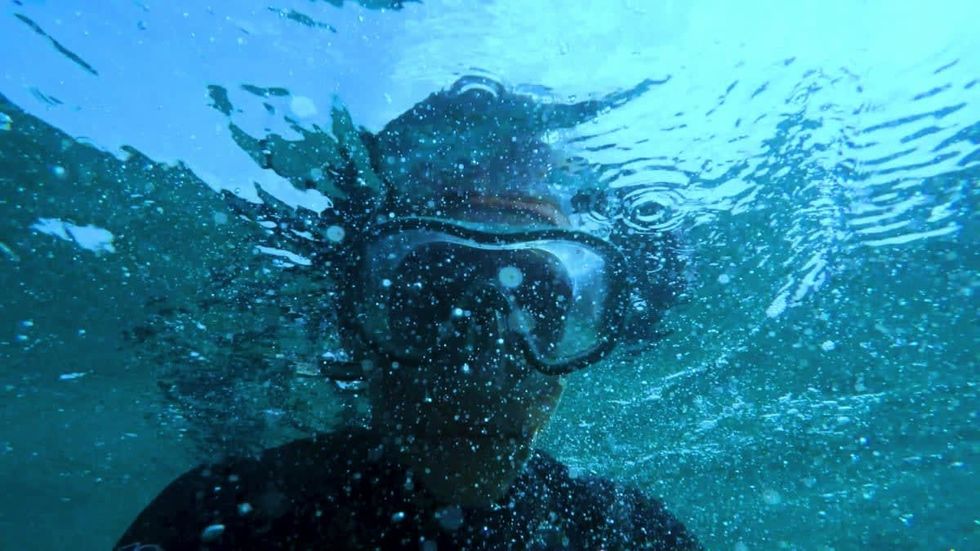 Representative Image Source: Pexels | Stuart Pritchards
Representative Image Source: Pexels | Stuart Pritchards
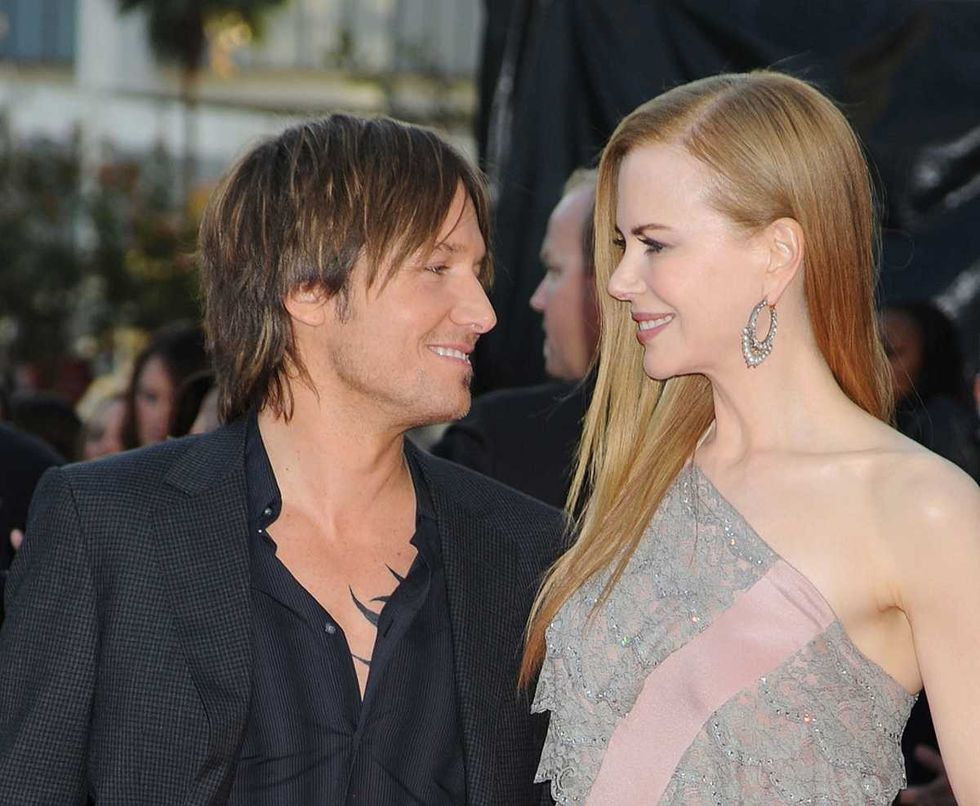 Image Source: Musician Keith Urban and actress Nicole Kidman arrive at the 2009 American Music Awards at Nokia Theatre L.A. Live on November 22, 2009 in Los Angeles, California. (Photo by Jeffrey Mayer/WireImage)
Image Source: Musician Keith Urban and actress Nicole Kidman arrive at the 2009 American Music Awards at Nokia Theatre L.A. Live on November 22, 2009 in Los Angeles, California. (Photo by Jeffrey Mayer/WireImage)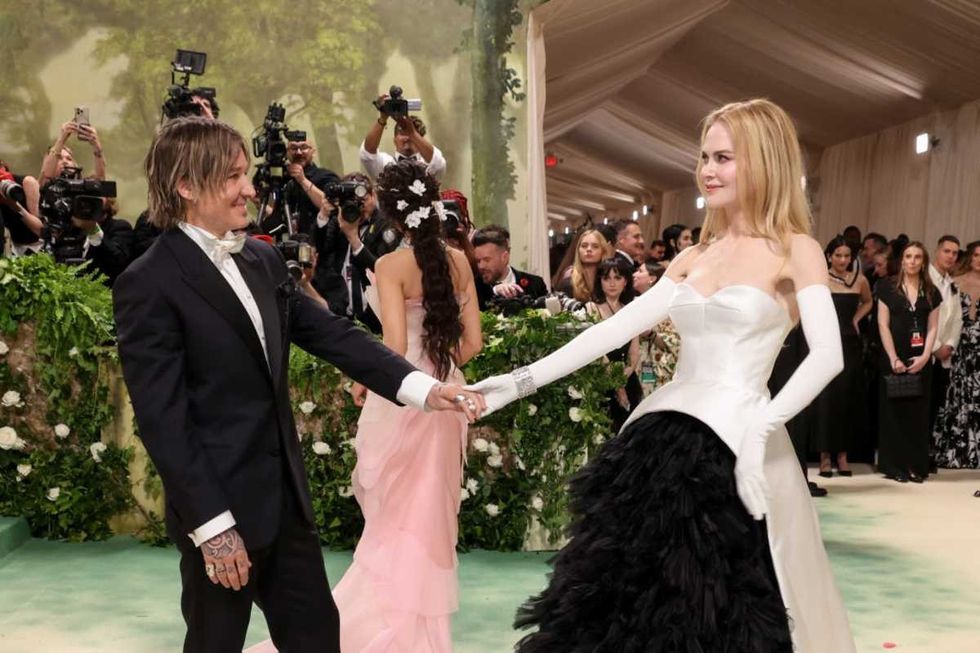 Image Source: Keith Urban and Nicole Kidman attend The 2024 Met Gala on May 06, 2024 in New York City. (Photo by John Shearer/WireImage)
Image Source: Keith Urban and Nicole Kidman attend The 2024 Met Gala on May 06, 2024 in New York City. (Photo by John Shearer/WireImage)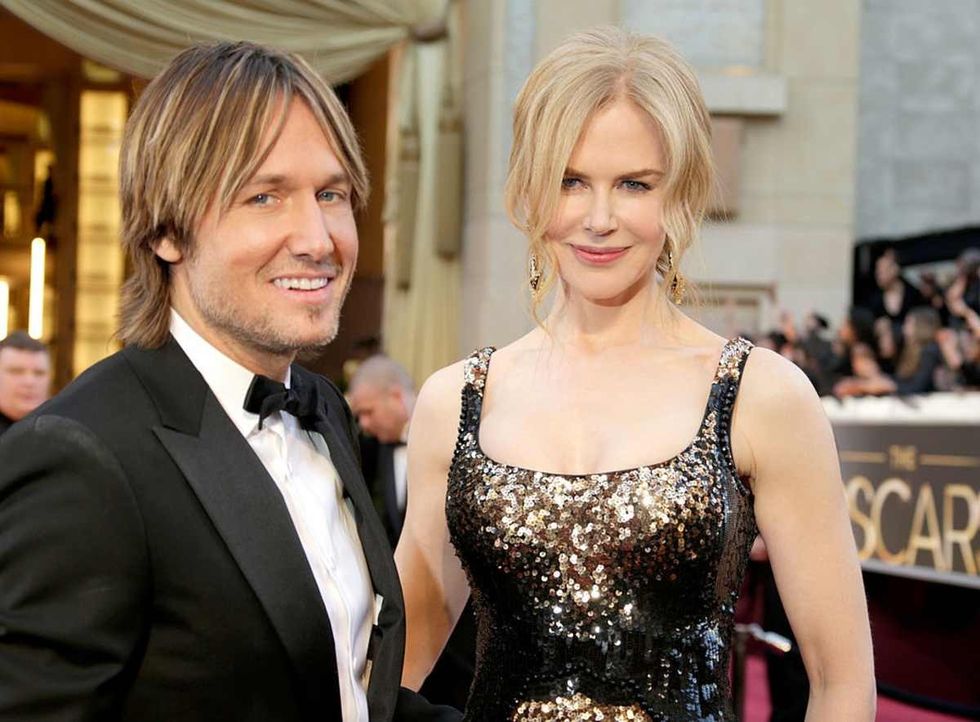 Image Source: Musician Keith Urban and actress Nicole Kidman arrive at the Oscars on February 24, 2013 in Hollywood, California. (Photo by Jeff Vespa/WireImage)
Image Source: Musician Keith Urban and actress Nicole Kidman arrive at the Oscars on February 24, 2013 in Hollywood, California. (Photo by Jeff Vespa/WireImage)
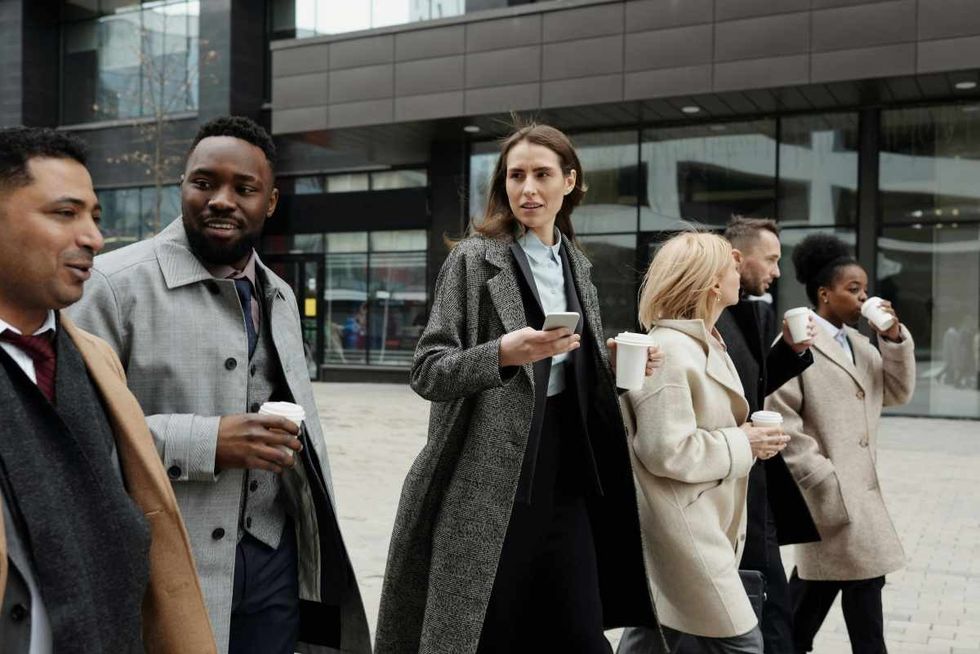 Representative Image Source: Pexels | August de Richelieu
Representative Image Source: Pexels | August de Richelieu Representative Image Source: Pexels | August de Richelieu
Representative Image Source: Pexels | August de Richelieu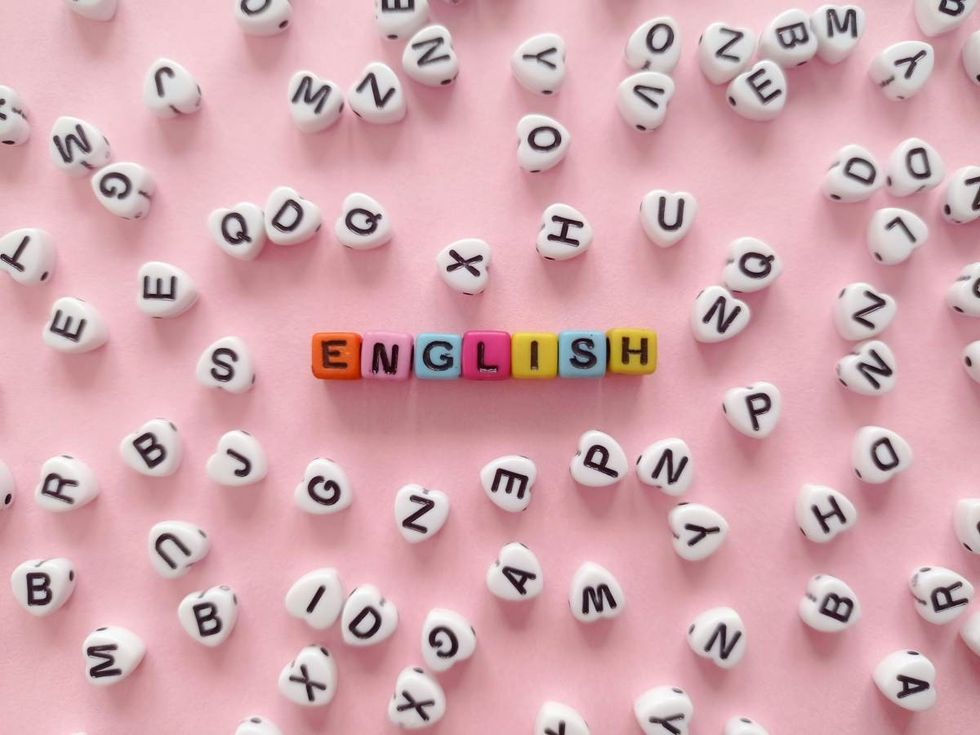 Representative Image Source: Pexels | Djordje Vezilic
Representative Image Source: Pexels | Djordje Vezilic Representative Image Source: Pexels | Fauxels
Representative Image Source: Pexels | Fauxels